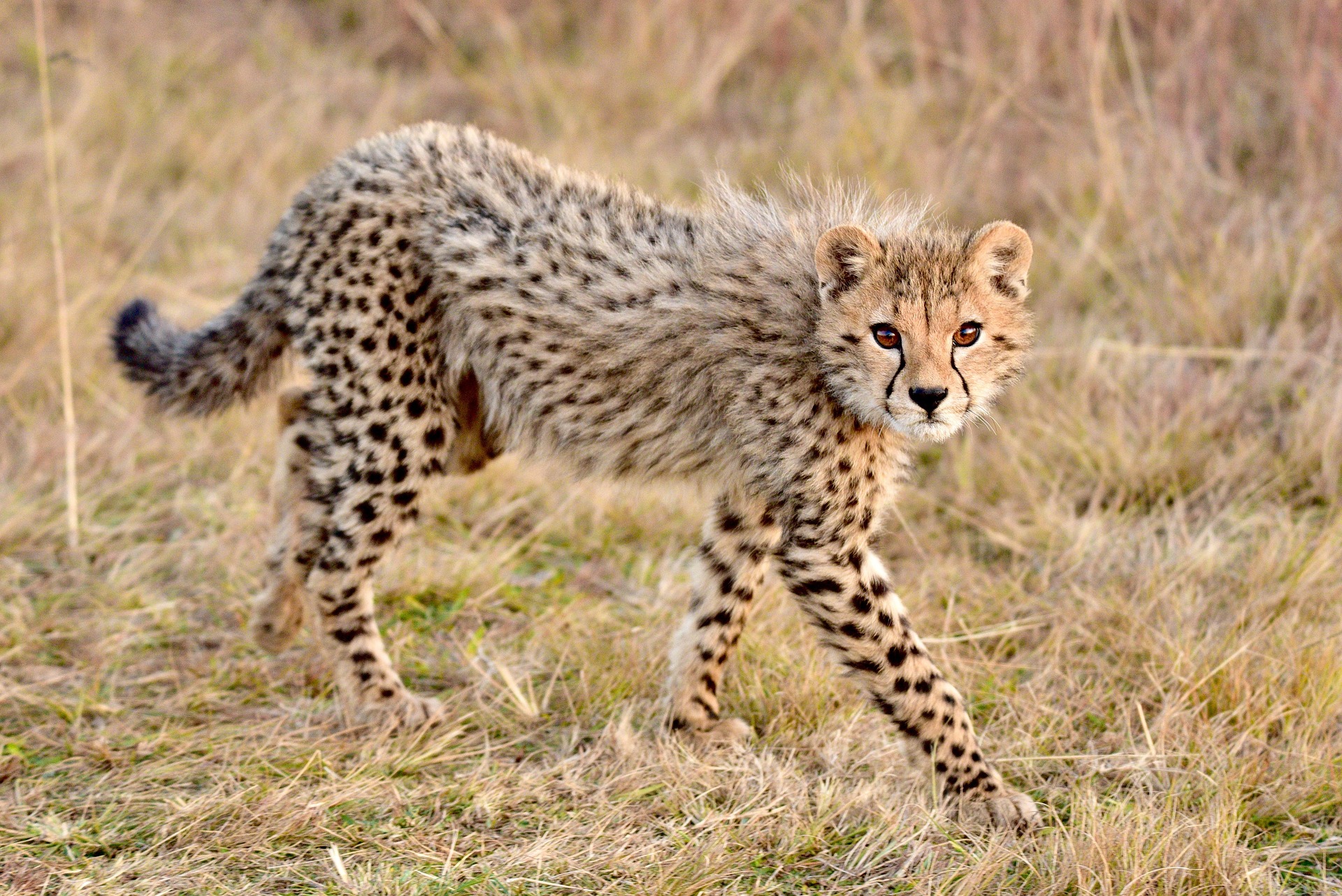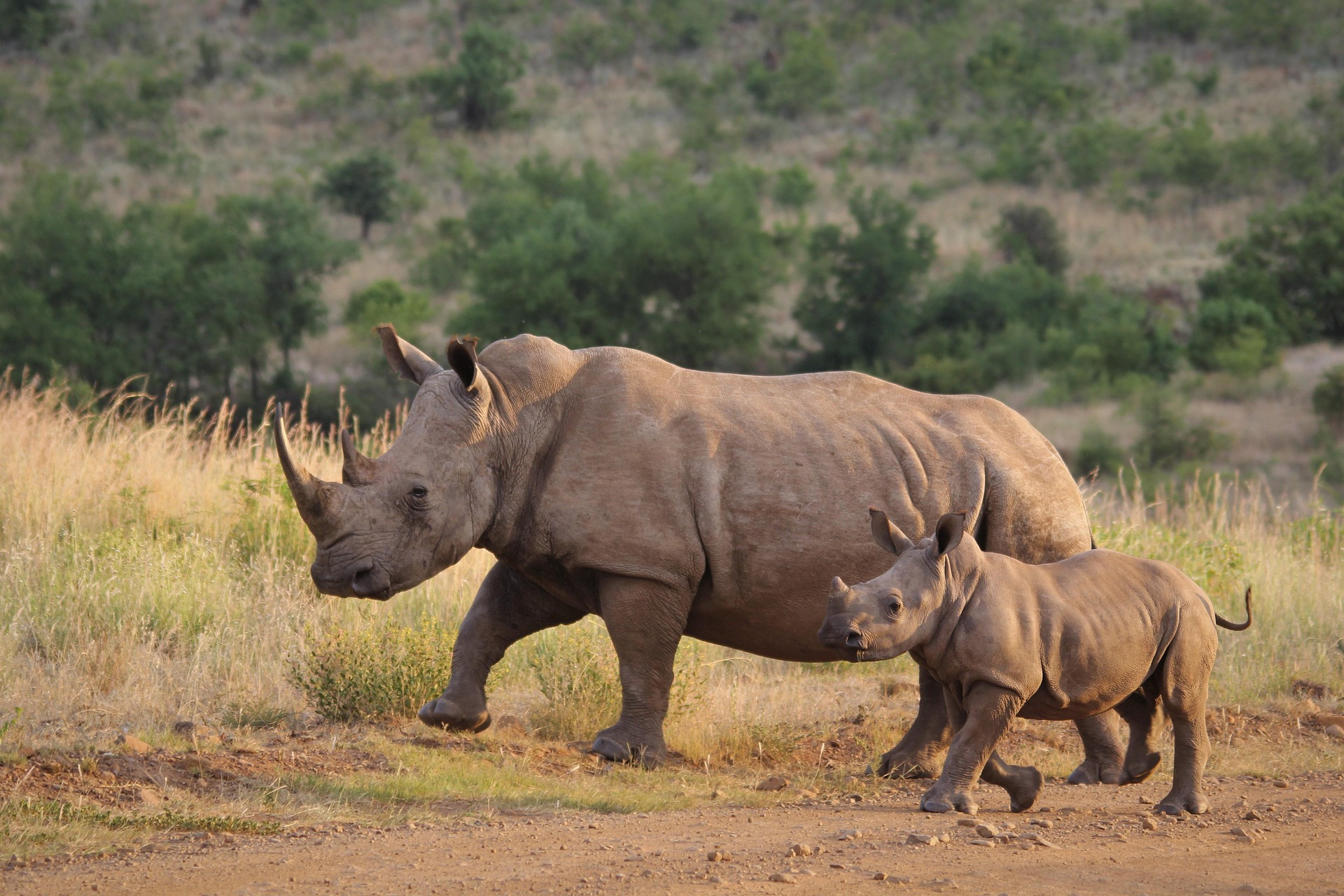
In every corner of the world, wildlife is under threat, from deforestation and illegal poaching to climate change and habitat loss. But amid these challenges, hope is alive in the form of passionate individuals, communities, and organisations working tirelessly to protect our planet’s most vulnerable species.
One of the most effective ways to support these efforts is through wildlife fundraising campaigns. These initiatives raise critical funds to fuel anti-poaching patrols, restore ecosystems, and support endangered species programs. The best part? You don’t need to be a scientist or conservationist to make a real impact, you just need to get involved.
Why Wildlife Fundraising Matters
Wildlife conservation efforts often operate on tight budgets. Many vital programs, such as rhino protection units in Africa, sea turtle monitoring in Central America, or orangutan rehabilitation in Southeast Asia, depend heavily on donations to keep going.
Fundraising campaigns:
-
Provide emergency funding for endangered species.
-
Support research and data collection needed for long-term conservation.
-
Empower local communities to protect biodiversity sustainably.
-
Raise awareness and shift public attitudes around wildlife protection.
Ongoing Wildlife Campaigns You Can Support Right Now
Here are a few notable campaigns currently making waves in the conservation world:
🦏 Rhino Rescue – Save the Survivors (South Africa)
This organisation provides medical care to rhinos that have survived poaching attacks. Their fundraising campaign helps fund emergency veterinary procedures, rehabilitation, and security measures.
➡️ How to help: Donate, adopt a rhino, or create a birthday fundraiser on their behalf.
🐘 Elephant Crisis Fund – Save the Elephants & Wildlife Conservation Network
The Elephant Crisis Fund supports anti-trafficking, anti-poaching, and habitat protection initiatives across Africa and Asia. 100% of donations go directly to field programs.
➡️ How to help: Make a one-time or recurring donation, or become a fundraising ambassador.
🦧 Orangutan Appeal UK
Focused on supporting the Sepilok Orangutan Rehabilitation Centre in Borneo, this campaign aids orphaned and injured orangutans, many of whom have lost their homes to palm oil deforestation.
➡️ How to help: Sponsor an orangutan or organise a local fundraising event.
🐬 Dolphin & Whale Conservation (DWC) – Adopt a Whale
DWC’s fundraising supports ocean protection, marine mammal research, and campaigns to end captivity and bycatch.
➡️ How to help: “Adopt” a whale or dolphin and receive updates, photos, and progress reports.
🦅 Endangered Wildlife Trust (South Africa) – Birds of Prey Programme
This campaign focuses on protecting raptors like vultures and eagles, which are critical to ecosystems but face poisoning and powerline collisions.
➡️ How to help: Join a monthly giving program or fundraise through school and community events.
🦒 African Parks Network (Across Africa)
Managing 22 national parks in 12 African countries, African Parks focuses on long-term restoration of protected areas through wildlife management and community development. They support species from giraffes and elephants to pangolins and wild dogs.
➡️ How to help: Donate or become a monthly supporter to fund rangers, anti-poaching tech, and rewilding efforts.

How You Can Make an Impact
You don’t have to donate large sums to support wildlife conservation. Here are some creative ways to get involved:
-
Start a personal fundraiser on platforms like GoFundMe, GivenGain, or Facebook.
-
Host a virtual or in-person event, such as a trivia night, bake sale, or wildlife photography exhibition.
-
Adopt an animal through trusted organisations to symbolically support care and protection efforts.
-
Volunteer your skills : graphic design, social media, or writing for wildlife NGOs.
-
Share the message by promoting campaigns on social media or within your workplace.
Even small actions, when multiplied, can lead to big changes.
Wildlife fundraising campaigns are more than donation drives, they’re lifelines for animals and ecosystems facing critical threats. By supporting these efforts, you’re not just giving money; you’re giving species a second chance and standing up for the future of our planet.
Whether you choose to donate, start a campaign of your own, or simply spread the word, your involvement matters. Conservation needs all of us, and it starts with taking one step today.

Leave A Comment